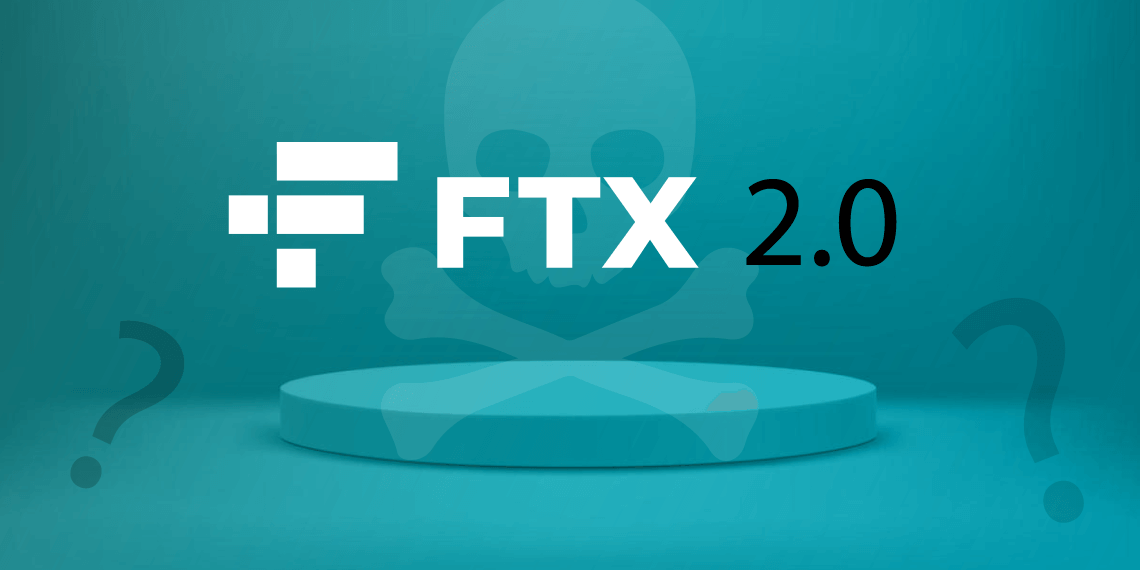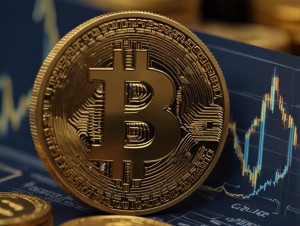While affected crypto investors are crying foul over the FTX collapse, some are mulling over the idea of making money from the situation. FTX2 is an attempt by a determined bad actor to take advantage of the affected investors.
Con artists know no bounds; they take advantage of various schemes luring the investing public into fraudulent crypto investments.
Last week Europol clumped down on crypto scammers based in Cyprus, Serbia, and Bulgaria for luring the public to invest over $2 million in bogus crypto investments and websites. The operation motivated the creation of a task force to deal with cross-border crypto scammers.
FTX2 is not FTXs second recovery plan but an ERC 20 token making rounds in the Ethereum ecosystem.
FTX2 background and details
Like any other infamous scam coin, the perpetrator behind the scam is luring the unsuspecting public by winning their trust through a fake airdrop allegedly from the FTX exchange.
FTX, once a reputable crypto exchange, made headwinds when it went bankrupt, leading to the loss of over $8 billion of customer funds.
In his first public interview on 19 January, the acting CEO of FTX, John Ray, told the Wall Street Journal that they would not hesitate to revive the exchange if it seemed plausible and that an internal task force was already working on the possibility. After the interview, FTT FTX’s naive currency surged 35%, signaling a ray of hope.
The FTX2 scam rides on the narrative by providing investors with false hope.
On-chain statistics indicate that the scammer airdropped the token to Tron’s Justin Sun, Binance, FTX, and KuCoin, among others. The coin has a total supply of 1 billion tokens and has 83 unique holders at press time.
You can explore the token contract address and transactions at https://etherscan.io/token/0x0a835974ca6e9e6364393f1832777efa55abb682.
Trojan horse
According to an analysis made by Peckshield, the scammer packed the token’s contract with malicious backdoor code capable of manipulating its victim’s balances. The scammers have listed the token on Uniswap, where they are selling it for Ethereum.
For instance, a function called ‘Approve’ can burn all of the victim’s crypto by sending them to a burn address.
Peckshield advised the investing public to steer clear of the FTX2 token and avoid interacting with its contract. The FTX exchange is not making any airdrops, and its official native token is FTT.
More crypto scams to watch out for
Investment scams entice users to invest their crypto into products that promise huge returns. Most of these scammers act as reputable investment managers who, under the veil, are running a pump-and-dump scheme. To spot such a scam, look for excessive-high returns and zero investment risk.
Phishing scams are an old favorite; the scammer devices a scheme to get your private keys or account logins which they then use to steal your funds. NFT god, a famous crypto influencer, recently faced a phishing attack after he clicked on a bait ledger address. His attacker stole his NFTs, including a MAYC, and accessed his social media accounts. Beware of phishing web addresses that lure users to malicious code on the web.
Upgrade scams are growing in fame, and these scams piggyback on legitimate upgrades such as the Ethereum merge luring their victims to share their private keys through fake versions of the upgrade. Always check with the publisher on the legitimacy of upgrades and never share your keys online.
Sim card swap scams happen when the scammer gets access to a copy of your sim card and uses it to restore all of your phone’s data, compromising your accounts.
Other common scams include malicious cryptocurrency wallets and exchanges.





